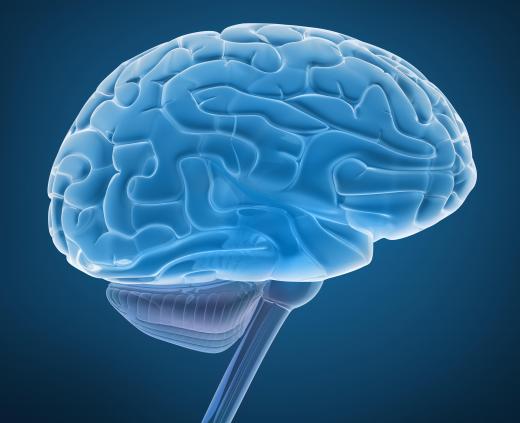What Is Intelligence Augmentation (IA)?
 Michael Anissimov
Michael Anissimov
Intelligence augmentation (IA) is the deliberate enhancement of human intelligence using some technological means, such as eugenics, gene therapy, brain-computer interfaces, nootropics (smart drugs), neuroengineering, or some other means that hasn't been invented yet. Occasionally, the term is used to refer to external aids such as pen and paper or the Internet, but more frequently refers to permanent modifications to the brain that upgrade human intelligence. Intelligence augmentation is usually considered as a futuristic technology that does not exist yet, but could in the next few decades.
The term "intelligence augmentation" is often used interchangeably with "intelligence amplification", and both are abbreviated as IA. These forms of human enhancement contrast with AI, or Artificial Intelligence, whereby intelligence would be produced in an entirely synthetic form. Some thinkers have suggested that IA of humans will always remain more advanced than AI, because any given level of AI might be applied to humans to enhance their capabilities. Other thinkers have argued that AI technologies would not all necessarily boost human intelligence, and that AI could indeed progress faster than human intelligence augmentation.

Intelligence augmentation may be considered in several different contexts: as a challenging technological goal, as a humanitarian goal, as a natural next step in human evolution, as a moral and ethical question for consideration, as a risk to the future of humanity, or as an ongoing socio-techno phenomenon. There is evidence that average human intelligence has been increasing slowly over the last century, something called the Flynn effect. This effect has recently leveled off, and though its source is unknown, various scientists attribute better nutrition and cognitive stimulation as the cause.
True IA would require somehow remodeling the human brain or interfacing it closely with computers. It seems unlikely that mere drugs would be sufficient to substantially upgrade human intelligence, though some futurists think it could be possible. Although there has been no progress actually enhancing human intelligence, there has been progress on the underlying technologies, which when they advance to a threshold point might be used to attempt intelligence augmentation. This includes brain-computer interfacing, which has been utilized to help patients move prosthetic limbs, and gene therapy, which becomes more viable as gene sequencing costs drop and our understanding of the potential side-effects increases.
Intelligence augmentation is an ethically thorny area, connected to the question of human enhancement in general. Should humans be allowed to develop technologies that they can use to substantially enhance themselves? Some futurists who call themselves transhumanists argue in favor of this view. One example would be Nick Bostrom, a philosopher at Oxford University, who has authored articles in favor of human enhancement. Others, called bioconservatives, are against the idea, calling it too dangerous or morally unjust. One example would be environmentalist Bill McKibben, author of the book Enough: Staying Human in an Engineered Age.
AS FEATURED ON:
AS FEATURED ON:











Discuss this Article
Post your comments